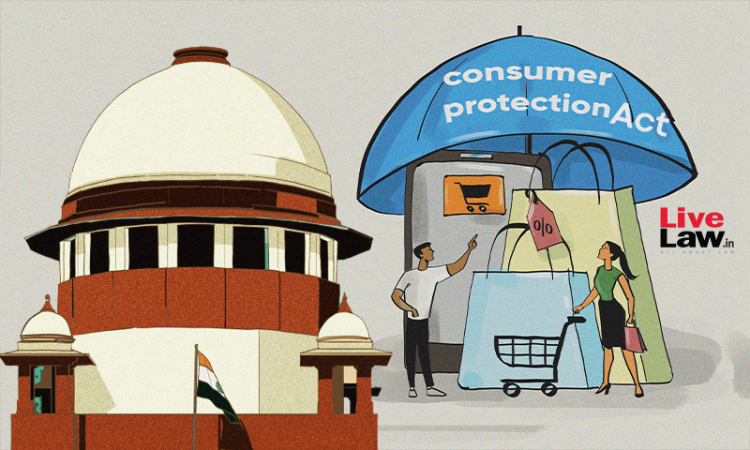'Nothing Was Done Before Act Was Introduced' : Supreme Court Directs Centre To Conduct Legislative Impact Study Of Consumer Protection Act 2019
Mehal Jain
11 Aug 2021 4:51 PM IST

The Court has given 4 weeks time to Central Government to do the legislative impact assessment.
Next Story


